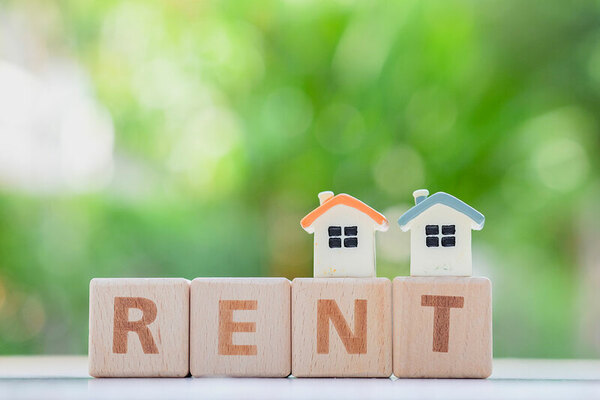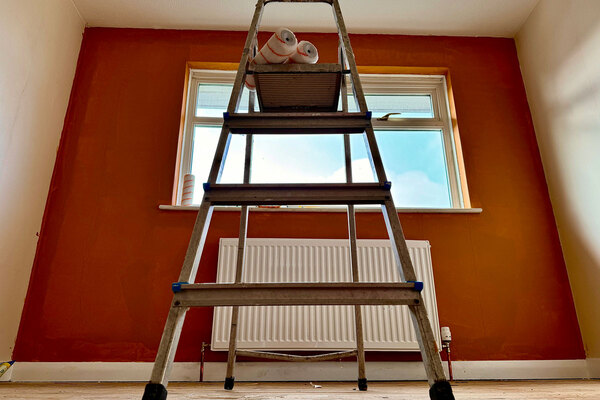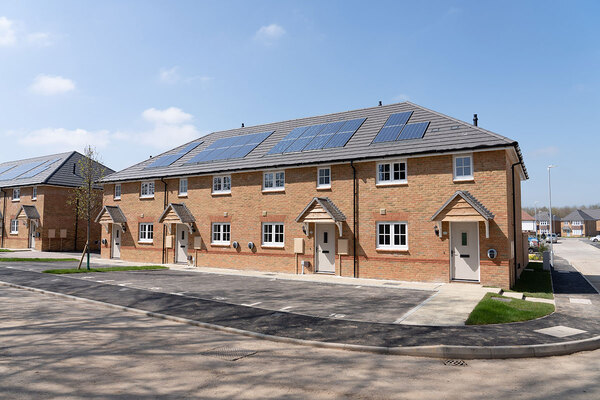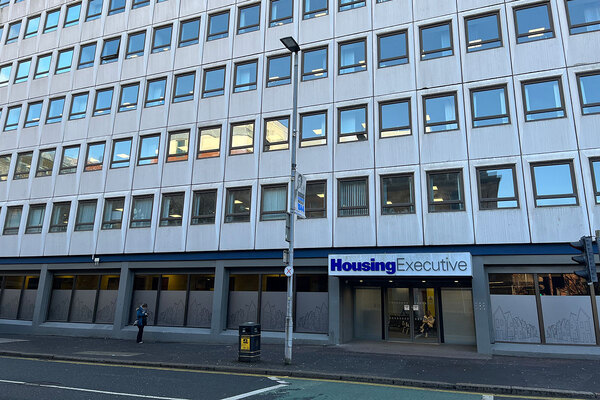You are viewing 1 of your 1 free articles
Government could limit rent increases as cost of living crisis bites
The government is mulling a cap on the amount that housing providers will be able to increase rents by next year as part of measures to ease pressure on tenants hit by the cost of living crisis.
The Department for Levelling Up, Housing and Communities (DLUHC) is understood to be lining up a consultation to limit the rent increases that social landlords can implement in the 2023-24 financial year to around 5-7% as inflation soars to record highs.
The news comes as tenants are bracing for a winter of rising food and fuel bills, coupled with a lack of wage growth.
The government sets a limit on how much social housing rents can increase each year, subject to certain exceptions. The current policy came into effect in April 2020 and permits rents to increase by up to the value of Consumer Price Index (CPI) inflation as at the previous September plus 1% annually.
Data published by the Office for National Statistics (ONS) last week showed that CPI rose 10.1% annually, above a consensus forecast of 9.8% and up from 9.4% in June.
Rising food prices made the largest upward contribution to annual inflation rates between June and July, the ONS said in its report.
If forecasts for September’s CPI figure are correct, social housing providers could be permitted to increase rents by 11-12% next year if the rules remain unaltered.
Earlier this year, credit rating agency Moody’s warned that landlords will “face challenging decisions over rent increases in April 2023”.
Last year, all of England’s largest housing associations raised their rents for the next year by the maximum amount allowed, a survey by Inside Housing found.
One source close to the situation told Inside Housing that the government had been considering a consultation for a couple of weeks, and that it was likely to be “quite open-ended”, giving the next administration room to manoeuvre.
Liz Truss has promised an emergency budget within weeks if she is appointed to lead the Conservative Party, but the source questioned whether ministers had left it too late to consult on rent caps before the new prime minister takes office.
If it does go ahead, a consultation could explore changing the formula for rent-setting for the next financial year. One option could be a rent freeze, and rises of between 5% and 7%.
This could force providers to scale back capital spending on major projects such as development and retrofitting.
DLUHC declined to comment on whether a consultation was planned.
A spokesperson said: “We set clear limits on how much social housing rents can increase. Social landlords are free to apply lower increases or reduce rents if they wish to do so, and we expect them to carefully consider the impact on their tenants when making decisions about rents.
“We keep all our programmes under regular review, and work with housing associations and other providers to understand any risks to delivery, including the effects of inflation.”
Sign up for our daily newsletter
Already have an account? Click here to manage your newsletters












